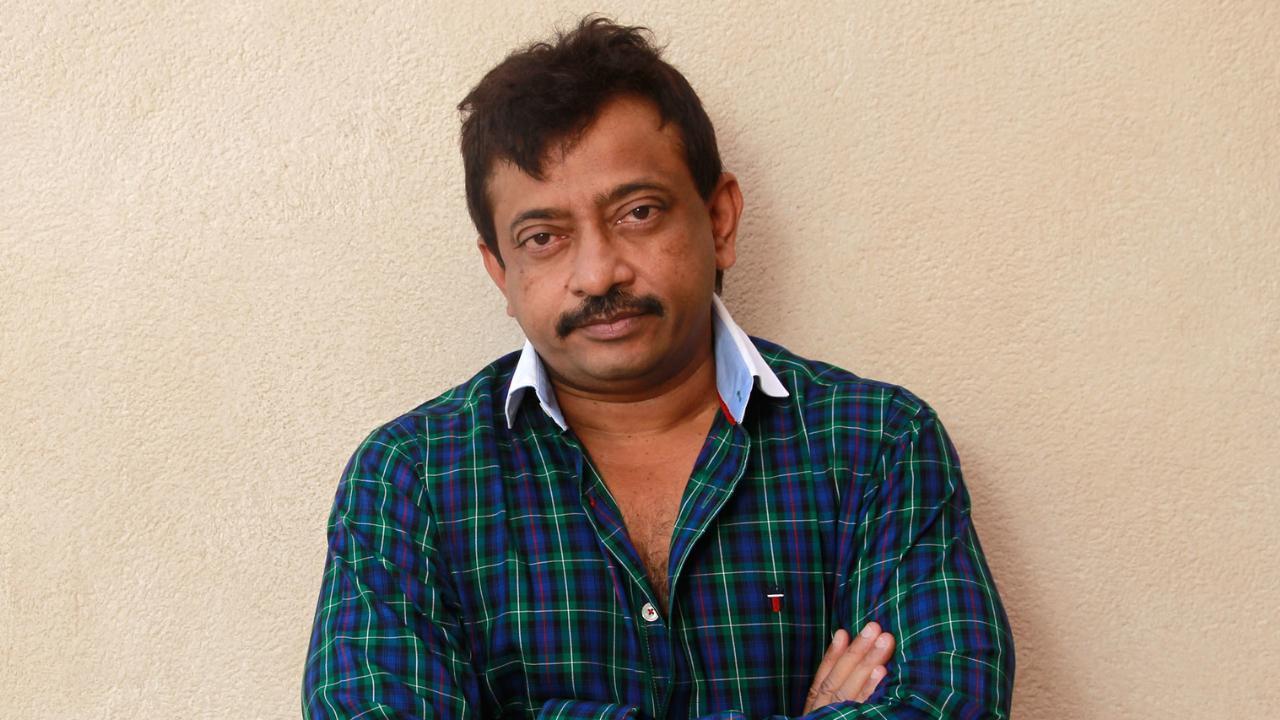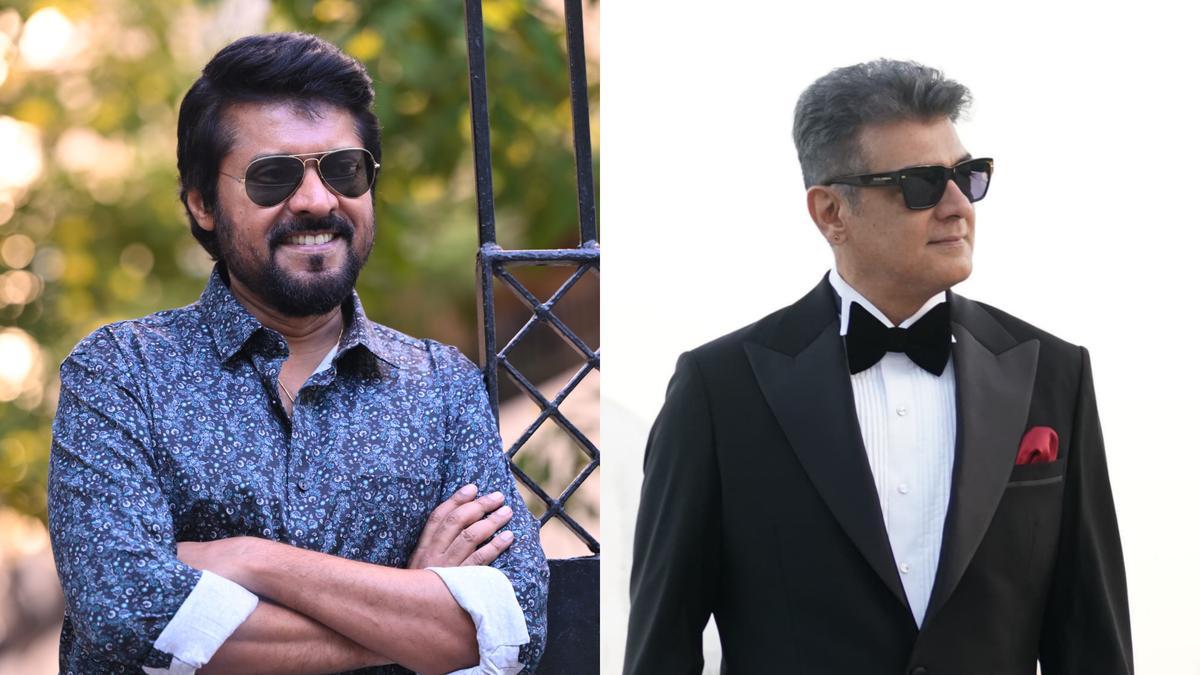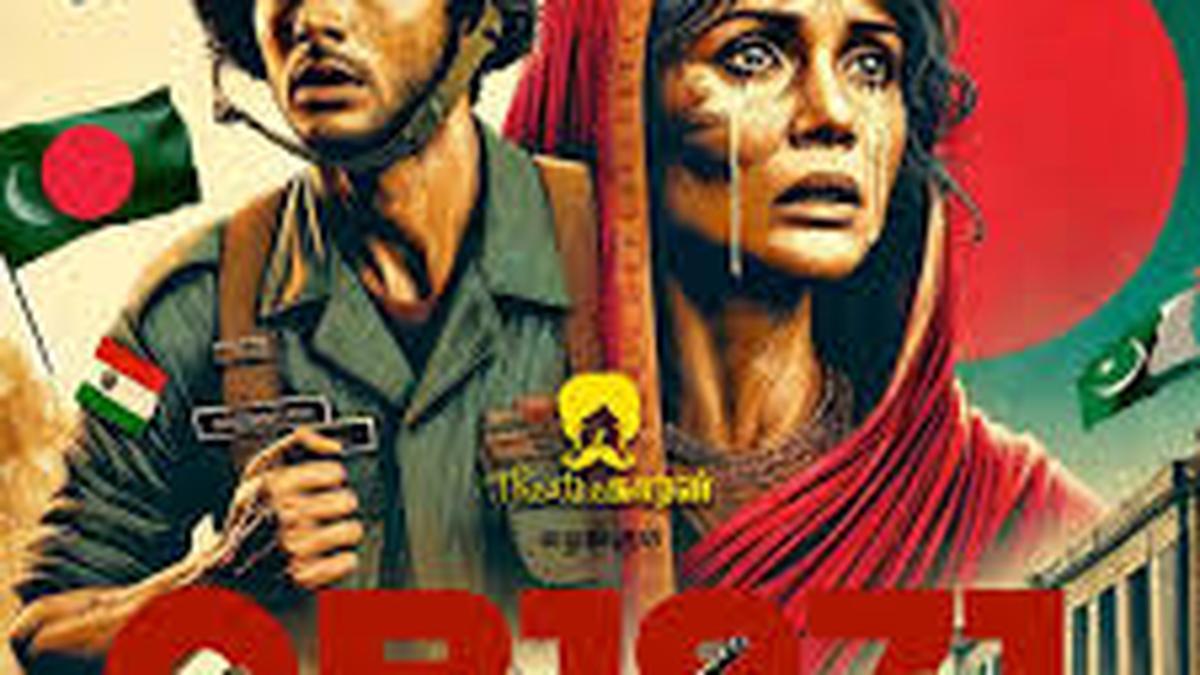
In the sparking lights of controversy, Bollywood actress Kangana Ranaut, now turned politician as a BJP candidate for the Mandi Lok Sabha seat in Himachal Pradesh, has once again ignited public discussion. This time, her retort comes in the face of severe criticism from Congress leader Supriya Shrinate following a contentious post about Ranaut.
Ranaut, an often polarizing figure, took to the digital domain, expressing, “Dear Supriya ji, throughout two decades of my artistic journey, I’ve embodied a vast array of characters. My career has been a canvas showcasing diverse portrayals – from the innocent protagonist of ‘Queen’ to the espionage thriller’s femme fatale in ‘Dhaakad’, from the revered titular role in ‘Manikarnika’ to the fearsome ‘Chandramukhi’, and from the street-savvy ‘Rajjo’ to the historic ‘Thalaivii’. These roles traverse the spectrum of womanhood,” in a composed rebuttal to her detractor.
Ranaut went on to make a statement about society’s outlook on women, “We, as a collective, must emancipate our daughters from the burdens of bias. It is imperative to surpass the objectification fixated on their physicality. Moreover, the exploitation of sex workers’ life narratives as a means to belittle someone must cease. Every woman, irrespective of her path, is entitled to respect and dignity.”
The actress’s statement came as the BJP launched pointed verbal retaliations at Shrinate, who subsequently clarified via her social media that the initial derogatory post was the work of a parody account – a matter that she has since reported.
Yet, it was an earlier comment by Ranaut that brought her again under scrutiny and that sparked the current uproar. The furor links back to a previous statement made by Ranaut in which she referred to actor-politician Urmila Matondkar as a ‘soft porn star’.
Addressing the backlash at the Times Now summit, Kangana defended her views, vocalizing a provocative question to her audience, “Are ‘soft porn’ or ‘pornstar’ necessarily terms of objection? They are simply descriptors that society frowns upon. In our own country, the respect accorded to pornstars – just ask Sunny Leone – is unparalleled globally.”
The actress further explained, “I correlate with what I discern as the balanced cinema artist tribe. My filmography has no space for ‘item numbers’. I have always upheld this ethos. My contention was straightforward; your film background dictates party affiliation. Why then, is the persona of a pornstar more socially embraced than that of a prostitute? Is the discrepancy a consequence of wealth, of glamour? The treatment extended towards each, drastically diverges in society’s eyes.”
On the career front, distance from the clamor of political debate, Kangana is poised to collaborate with R Madhavan in a forthcoming pan-India psychological thriller. This reunion of talents, directed by ‘Thalaivii’s’ Vijay, promises to kindle the on-screen chemistry that captivated audiences in ‘Tanu Weds Manu’ and its sequel.
Kangana Ranaut’s continuous journey through both cinema and politics continues to stir the public, with her interpretations and statements often eliciting both admiration and ire. As the enactment of her varied roles keeps evolving, so too does the discourse around her narrative – one unwavering actress amid the clamor of a billion voices.










